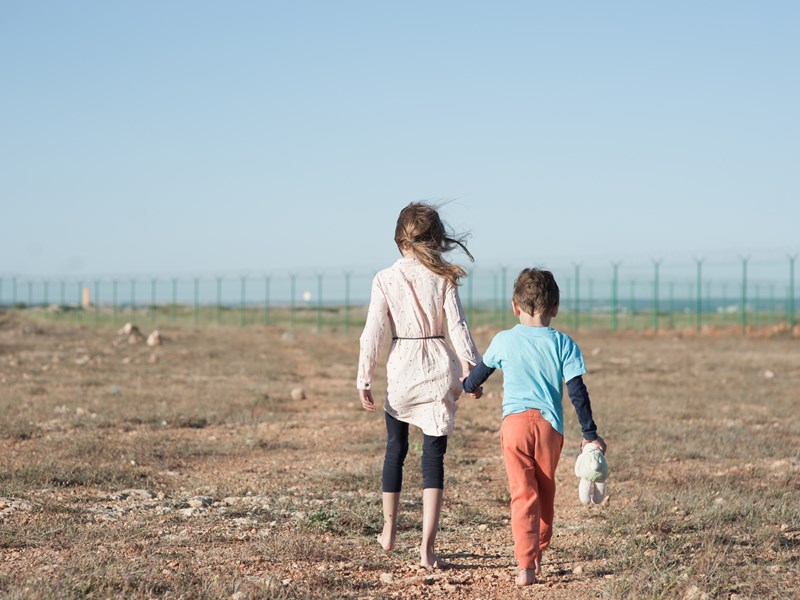Advocates for Basic Legal Equality, Inc. (ABLE) is a non-profit regional law firm that provides high quality legal assistance in civil matters to help eligible low-income individuals and groups in western Ohio achieve self reliance, and equal justice and economic opportunity.
ABLE’s Project with the Vera Institute of Justice Helps Bridge the Justice Gap for Unaccompanied Children

Due the ever-changing and complex landscape that is the United States’ immigration system, there is a growing need for legal representation for unaccompanied children. Although children have a right to an attorney in immigration court, they do not have a right to a government-funded attorney and often have to appear in court on their own. To help address this barrier to justice, ABLE has partnered with the Vera Institute of Justice to launch the Unaccompanied Children Project in April of 2022. Funded by the Office of Refugee Resettlement (OOR), the project is an expansion of ABLE’s decades-long commitment to serving the varied legal needs of immigrants in Ohio. Attorneys and a paralegal assist unaccompanied minors residing in Butler, Hamilton, and Montgomery counties in southwestern Ohio.
According to ABLE Senior Attorney and project lead, Maria Otero, unaccompanied children have unique needs. “Without representation in immigration court, these particularly vulnerable clients suffer the risk of deportation regardless of the strength of their case,” she says. "As with adults, determining the exact nature of a child’s claim can be complicated, and their age often requires additional expertise and time. They are also more vulnerable to human trafficking as we have seen in the past.”
Otero points to additional reasons why unaccompanied children have more difficulty communicating their issues. A young child may not have the capacity to fully explain or understand what has happened. They may find it difficult to trust adults. They might also be too traumatized to remember events.
Vera Institute of Justice and ABLE advocates are knowledgeable and empathetic toward this vulnerable group of clients. The immigration legal system can be intimidating and confusing, in addition to the constant changes in policy. Fortunately, some policies have been developed to provide unaccompanied children with further protections. Children are exempt from some restrictions on asylum eligibility, such as the one-year filing deadline until they turn 18. Their asylum cases may be heard in an interview setting, rather than an adversarial court process. They may also be eligible for special immigrant juvenile status if they have been abused, abandoned, or neglected by their parents.
It is with this thorough understanding of the immigration landscape that this project provides legal services to unaccompanied children released from ORR facilities. ABLE provides all representation in-house in immigration court, United States Citizens and Immigration Services (USCIS), and juvenile court, when necessary. The grant through ORR provides funding for the next five years and includes the hiring of three new ABLE staff members committed to justice and positive outcomes.
While much progress is already underway, Vera Institute of Justice, with the support of ABLE, is committed to long-term change in the way we treat children in the immigration system. In a statement, the organization wrote: “As it places children with safe adults who can care for them, the federal government must also ensure that all unaccompanied children have attorneys. Children cannot be expected to fend for themselves in complicated legal proceedings that can result in their deportation. This will require more legal talent in the field. The government should invest in programs to recruit and train attorneys to assist vulnerable children who arrive without their parents.”
